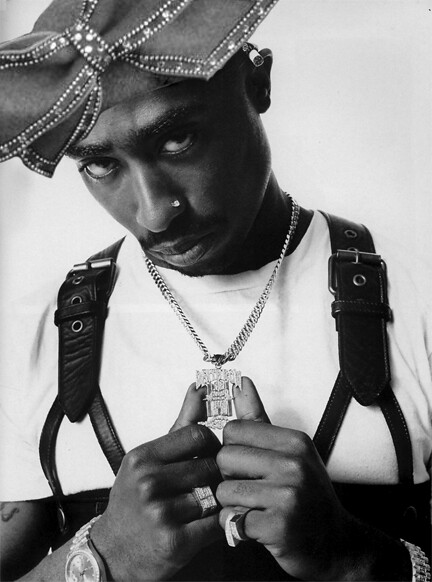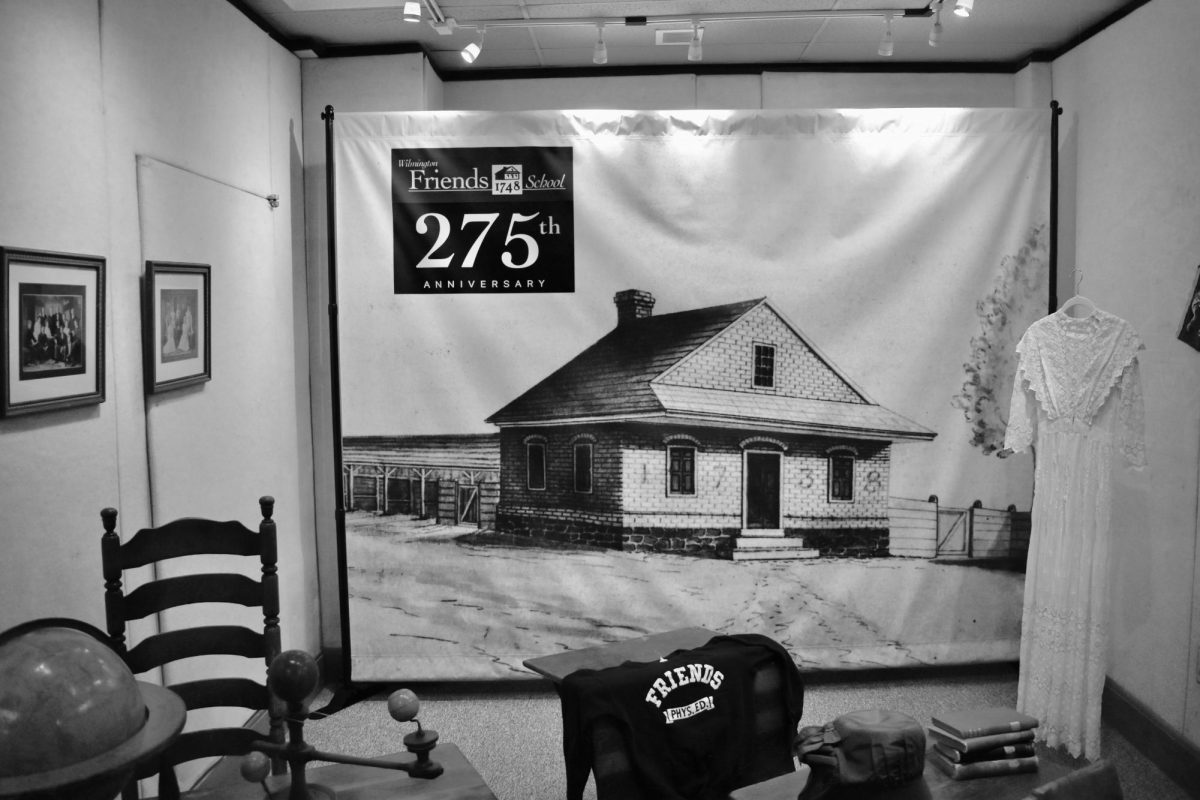
(This article contains mentions of police brutality.)
Tupac Shakur lived the thug life.
Born in East Harlem, New York City to two members of the Black Panther Party, Tupac Shakur’s story as a revolutionary and initiator of change began with the earliest displays of his identity. Pac was named after a descendant of the last Incan ruler, Túpac Amaru II, a man who was defeated after an attempt to lead a revolt against the Spanish. His name translates to “intelligent warrior”.
Though Tupac Shakur followed in the footsteps of his namesake by representing his people, he was the furthest thing from unsuccessful. Tupac Shakur changed the game in every way.
Pac’s infusement with the arts began when he was a boy. Constantly moving around while growing up, he surrounded himself with a versatile collection of books and poetry. Before relocating to Baltimore in 1984 where he attended the Baltimore School of Arts, Tupac estimated that he moved between Manhattan and the Bronx eighteen times.
Tupac acquired an eclectic range of artistic inspiration while attending the Baltimore School of Arts. He participated in Shakespear plays, took ballet classes, and formed his first hip-hop group, Born Busy. As his mother was combating a drug addiction, Pac DJed and bussed tables to support his family.
Talk about albums he made
Talk about power of lyrics in his songs
“Thug Life” was a term coined by Pac; a description of black power. More often than not, the phrase was villainized by the media and trepidly casted as an encouragement of crime and violence. However, the term means nothing of the sort. It represents the underdog.
Living the thug life meant that no matter where you came from or how little you had, you still triumphed.
“What they think is that I’m representing lawlessness and the outlaw mentality, and I represent that thug mentality from the street…Yes I am gonna say that I’m a thug. That’s because I came from the gutter, and I’m still here. I’m not saying I’m a thug cause I wanna rob you or rape people and things. I’m a businessman,” Shakur said during a 1994 interview in Manhattan.
Despite >>>. Tupac had never been incarcerated in his life. In 1991, Shakur was stopped by Oakland police for jaywalking. Officers demanded his ID, and before he knew it, the interaction turned violent. Pac’s face was pushed into the concrete.
“My final words to them was ‘f*** y’all’,” Shakur said in an interview with hip-hop journalist Davey D. “Next thing I know I was in a chokehold passing out with cuffs on, headed for jail for resisting arrest. Yes, you heard right—I was arrested for resisting arrest.”
Talk about his experience getting beaten up by the police
Talk about the trial and his death
Wrap up article
“I was in college, at a party, and they stopped the party. They announced it [Tupac’s death], and they played Tupac’s music for the rest of the night. I remember that, distinctly,” Morton says.
“The idea that there’s depth to young African American men in America, beyond their appearance. The fact that you find out that he’s [Tupac’s] an accomplished poet, he’s a trained actor…I think that’s why people in my generation liked him, there was a certain depth to him, and I think that was his frustration. That the media pigeon-holed him as this one type of artist. Like he’s a ‘gangster rapper’, and he’s like these ten different things,” says Morton.
Tupac Shakur crafted bars with an undeniable potent and poetic punch. Known for bringing to life both beautiful themes and realistically gruesome tragedy all too common for kids who grew up on the streets, Pac redefined an entire genre. His appraised penmanship inspired artists from the release of his first studio album 2pacalypse Now in 1991, and continues to today.
Tupac Shakur’s legacy will never be lost, as long as hip hop stands. As long as music stands. And beyond music, as long as Black youth let their voice be heard.

















